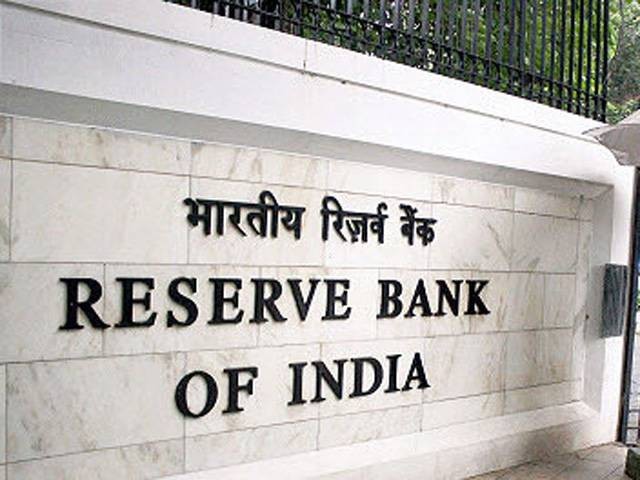
The much-awaited board meeting of the Reserve Bank of India has finally began. Financial markets, banks and corporate houses were eagerly waiting for Monday's crucial Reserve Bank of India board meeting. It is likely to set the tone on sensitive issues like easier loan sanctions to micro, small & medium enterprises (MSME), relaxation of prompt corrective action (PCA) on weaker banks, and fund transfer to the government.
The friction between the North Block and the banking regulator came under public glare when for the first time, the RBI published a dissent note on its website, expressing its disagreement with the government in setting up a separate payments regulator.
It further widened after RBI's deputy governor Viral Acharya had made a strong case for the need of autonomy at the country's central bank -- his speech had been widely shared on social media. Citing sources, Reuters reported that the government officials are very upset with the RBI for making the rift public.
All eyes are set upon today's RBI board meeting. The 18-member board does not only contain central bankers and government officials but also business leaders, economists and activists.
The members include Governor Urjit Patel and his four deputies as 'full-time official directors', while the rest 13 have been nominated by the government, including two Finance Ministry officials -- Economic
Affairs Secretary Subhash Chandra Garg and Financial Services Secretary Rajiv Kumar.
There are also Swadeshi ideologue Swaminathan Gurumurthy and cooperative banker Satish Marathe, nominated by the government as "part-time non-official directors".
RBI, which had taken a stern stance, is likely to relax the PCA norms only on those banks that are showing signs of a turnaround through faster resolution of non-performing assets (NPAs) and shedding of non-core assets. The other option being weighed is a committee being jointly set up by the government and the RBI to access the merits of the corrective action undertaken by the ailing banks. Last year, 11 public sector banks were brought under the RBI's revised PCA framework which set tougher norms and banned them from lending.
Even on the issue of capital transfer to the government, the apex bank may be ready to discuss with an 'open' mindset. RBI is considering allowing the government to utilise a part of its reserves, a source said.RBI's total reserves stand at Rs 9.59 lakh crore. The bank's contingency reserve is at 7.1 percent of the book. "This is well above the BRICS (Brazil, Russia, India, China and South Africa) average of 2 per cent.
Overall, reserves at 27 per cent of the book are far higher than the 18 per cent recommended by the 2004 Usha Thorat committee," said Bank of America in a report. There is no legal bar as long as Delhi maintains Rs 5 crore of reserve fund under section 46 with the RBI in our view, the report added. Another Section 47 requires RBI to transfer its annual surplus to the government after provisions, but does not place any restriction on further transfers.


.jpeg)

